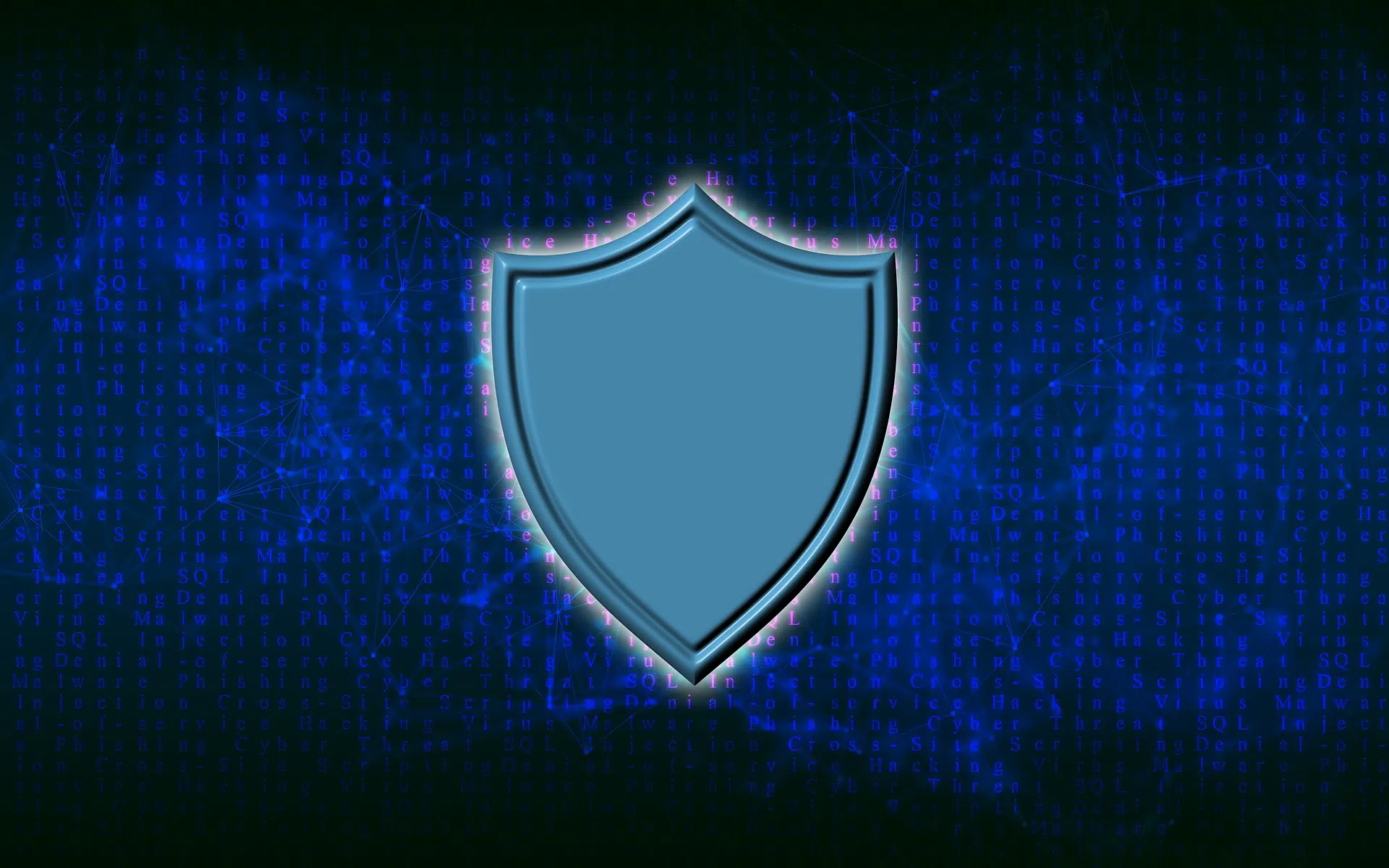4 Ways to Become Cyber Security Aware
You have clever passwords. You don’t click on suspicious emails. You follow company guidelines to keep your data safe.
Is this really enough to protect against cybersecurity breaches and keep confidential information off the dark web?
Australia’s Growing Cyber Security Threats
Every year, thousands of Australians are affected in major company data breaches.
Between July 2019 and June 2020 alone, the Office of the Australian Information Commissioner (OAIC) received more than 1,000 mandatory data breach notifications.
The majority of breaches (84%) involved leaked contact information, such as home addresses, phone numbers and email addresses, while over one third involved identity information such as passport numbers and driver licences, or financial information.
Once data is compromised, it could wind up in anyone’s hands. Cybercriminals use the dark web to sell confidential personal and commercial information, leaving individuals and businesses at risk of identity theft, fraud, and severe financial losses.
And it’s not just the Google’s of the world at risk. Right here in Australia, small businesses are the target of 43% of cybersecurity crimes.
Don’t Bury Your Head in the Sand
Malicious cyber-attacks can have extreme impacts on individuals and businesses alike and with more employees working from home in 2020, your business could be more at risk than ever before.
The Australian Competition and Consumer Commission’s Scamwatch service has received more than 4,160 scam reports related to the coronavirus involving more than $3 million in losses since the outbreak of COVID-19.
Below are four ways to encourage all employees, whether in the office or at home, to be cyber-crime aware.
1. Be unique
You’ve heard it before, but you really shouldn’t use the same password on multiple sites and applications. A password manager can be a useful tool for keeping track of passwords, while multi-factor authorisation (such as a text or email notification) offers an extra level of security to protect data.
2. Avoid phishing scams
Train your team to recognise telltale signs of false emails and phishing scams. You can also beef up cybersecurity with software to filter phishing emails out of your inbox and block phishy websites.
3. Get into the cloud
When set up correctly, cloud storage can be a lot more secure than portable storage devices (such as USBs), which can be easily copied, erased or stolen without detection.
4. Use a VPN
A virtual private network (VPN) can help hide information about your computer and encrypt your data, making it harder for criminals to access private information.
You can’t protect your business against a crime you can’t see. And unfortunately, sometimes it’s impossible to know if an employee has clicked on a suspicious email link or been the victim of a malware attack until it’s too late.
A dark web scan is one way to find out if your company or personal data is already compromised. A dark web scan works by scouring collections of stolen personal information and alerting you if your information is found.
You can then take the appropriate steps to mitigate damage, tighten up cybersecurity and protect against identity theft and fraud.
Want to find out if your data is already on the dark web? Download the dark web scan flyer to learn more or click here to register for your free StormWarden dark web scan.




